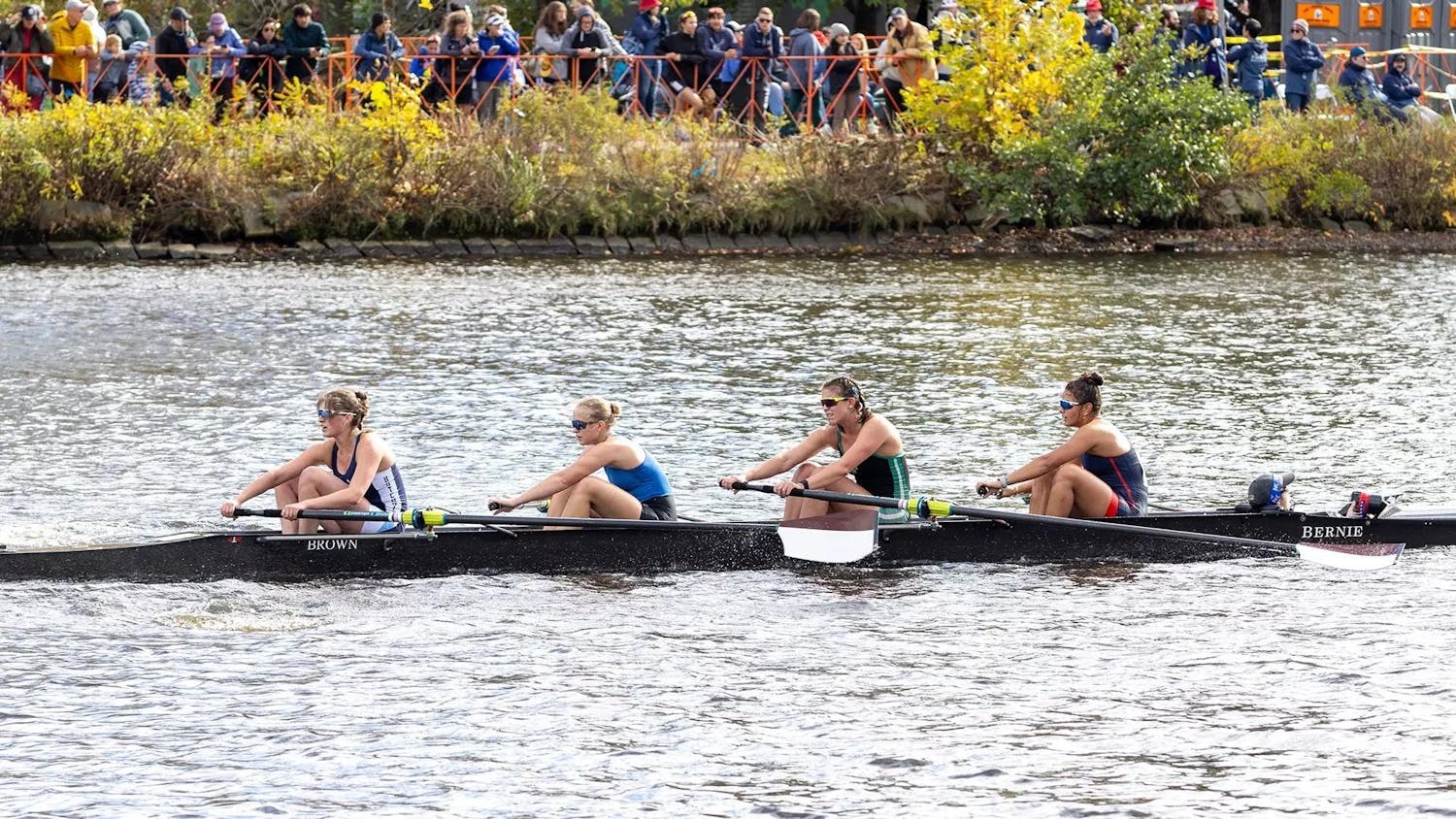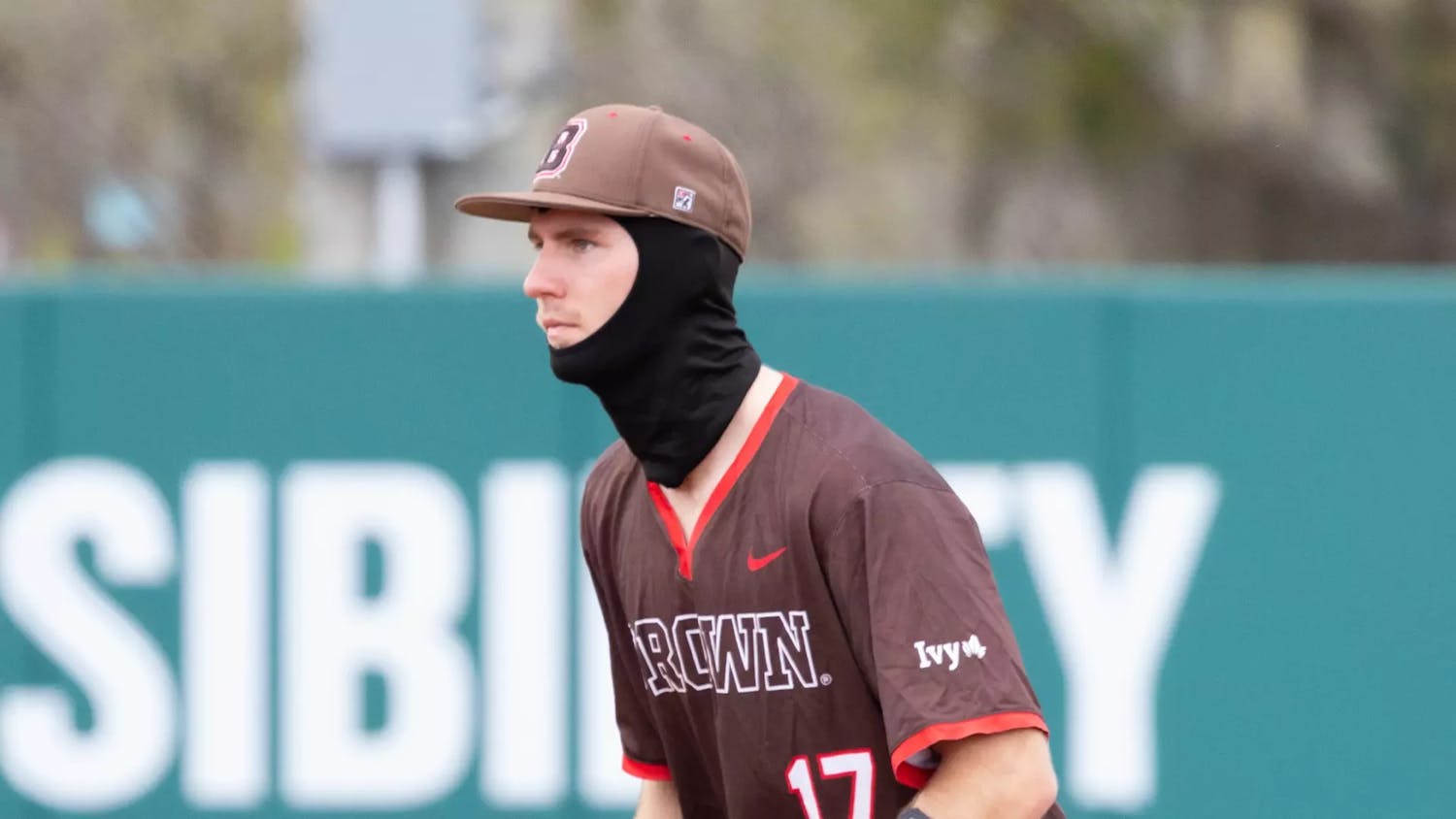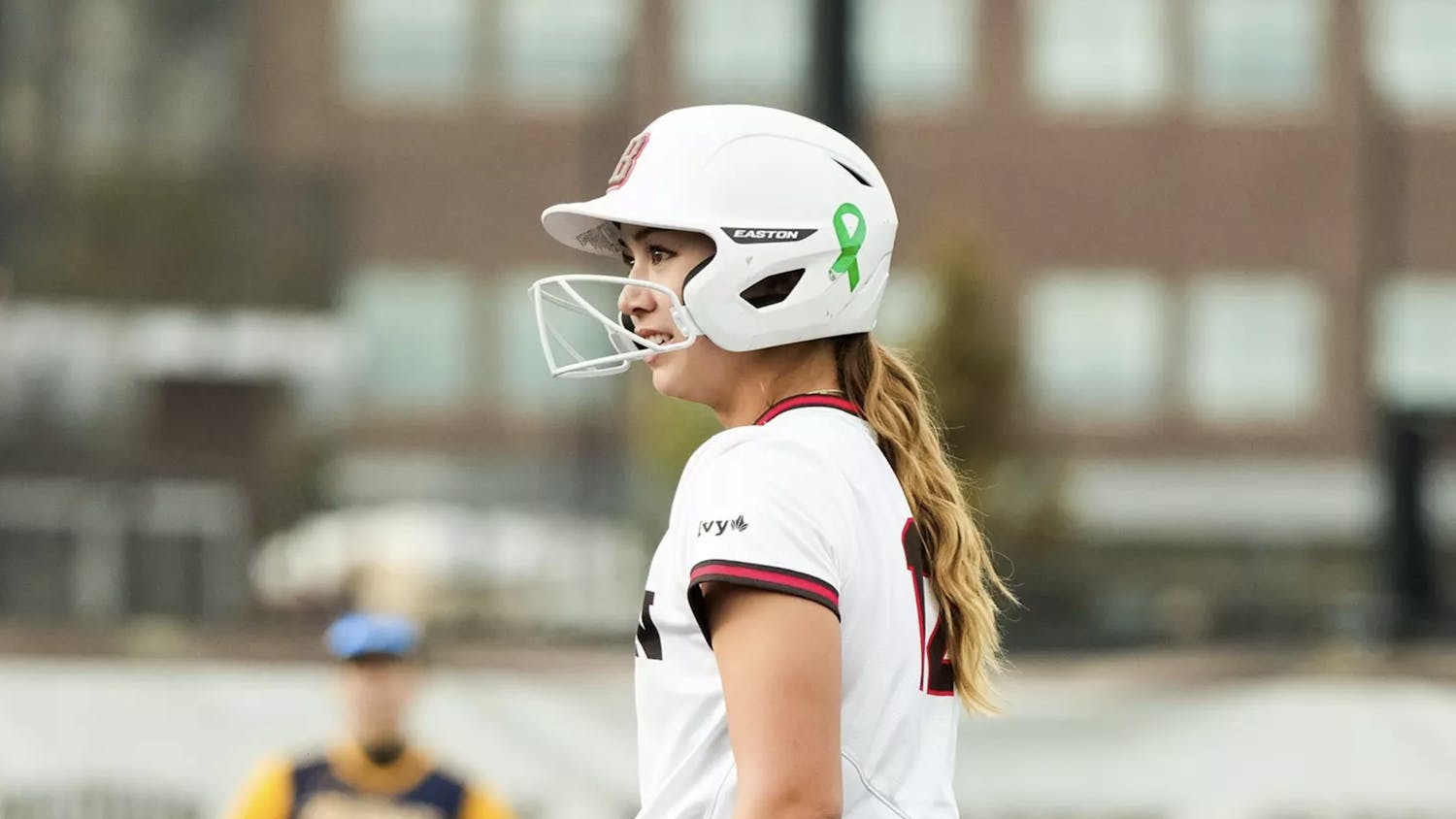Schuyler Bailar, the first transgender athlete to compete on a NCAA Division 1 men’s team, spoke last Thursday about his experience of transitioning in the middle of his Harvard swimming career.
The event marked the second-to-last stop of Bailar’s six-week tour, which consisted of 43 presentations in 25 cities.
Bailar began his talk by describing his childhood and the beginnings of his swim career. He started walking and swimming at the age of one and began competitive swimming at age seven. By the time he got to middle school, Bailar was routinely bullied for not being “girly” enough. He described instances when he was thrown out of bathrooms, forcing him to run “across the school to find the (gender neutral) staff bathroom.” He often felt most comfortable “presenting masculine or boyish tendencies,” he told the audience.
Bailar also described feeling stressed because he “wasn’t boy enough to be a boy, or girl enough to be a girl, so (he existed) in between.”
In an effort to stop the bullying, Bailar said he tried to conform to societal expectations of femininity. He grew his hair out, shopped in the girls section for clothing and even wore makeup a couple of times. Bailar said this took a toll on his mental health because even though he made national swim records and was heavily recruited by many Ivy League schools, he felt “sad, miserable and disconnected.”
In August 2014, Bailar sustained a back injury that forced him to stop swimming for three months. Bailar described swimming as his only outlet from living conflicting lives, so his injury negatively impacted his mental health. “My mental health was trash and deteriorated,” Bailar said. “I was hospitalized a couple times for depression.”
Bailar saw a therapist who recommended an extended stay at a residential treatment center, which meant taking a gap year after already committing to the Harvard Women’s Swimming team for the following fall. He spoke to the coaches, and they agreed it was something he needed to do before starting college.
While at the treatment center in Florida, Bailar said he experienced one of the most quiet, introspective times of his life. It was also the first time that Bailar acknowledged to himself that he was transgender.
He came out to his parents, who “did an excellent job of delivering love in those moments,” Bailar said.
When Bailar told the women’s swimming coach at Harvard, she told him he still had a spot on the team. “I don’t know what that means for my sport,” Bailar said to her. “I just know I want to swim.”
Shortly after Bailar left the treatment facility, he began using male pronouns and cut his hair. Bailar remembered his coach telling him, “you’re taking these steps to be a man, but you’re on the women’s team.”
So in January 2015, Bailar said his coach asked the men’s coach if Bailar could join their team. Bailar said that the men’s coach readily agreed and offered Bailar a spot on the squad. “Thinking about the sociopolitical climate and gender in sports,” Bailar said, “(is what made) this so incredible.”
The coaches gave Bailar until September of that year to make a decision, and during that time he underwent a mastectomy, after which he decided to join the men’s team.
“I did it to be happy,” Bailar said. Though switching to the men’s team was not always a smooth transition, Bailar believes that the unconditional support from his teammates and coaches and their efforts to include him made the whole experience easier.
“They were wonderful and tried hard, but sometimes that failed. They misgendered me a lot, especially my first year,” Bailar said. But successfully switching teams “exemplifies that transgender athletes can truly be included in a Division 1 team.”
During the event’s question and answer session, Bailar said that the number one resource for people transitioning is meeting other transgender people. He also acknowledged that every day is one step toward who he is.
“Your identities do not ever have to rob you of your passions,” Bailar said.
Brittney Merrit, residential area coordinator for the Office of Residential Life, attended the event and found Bailar “genuinely authentic.” She also enjoyed hearing “how people were/are super open to his story and how he approaches the work,” she wrote in a statement to The Herald.





